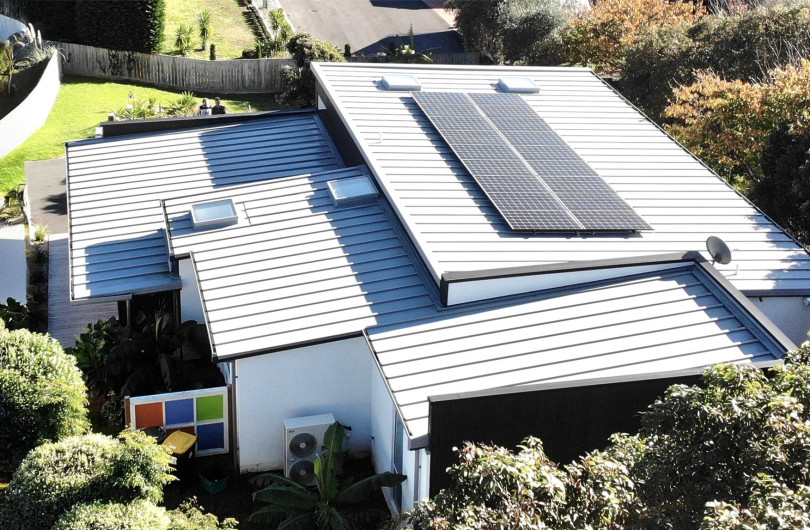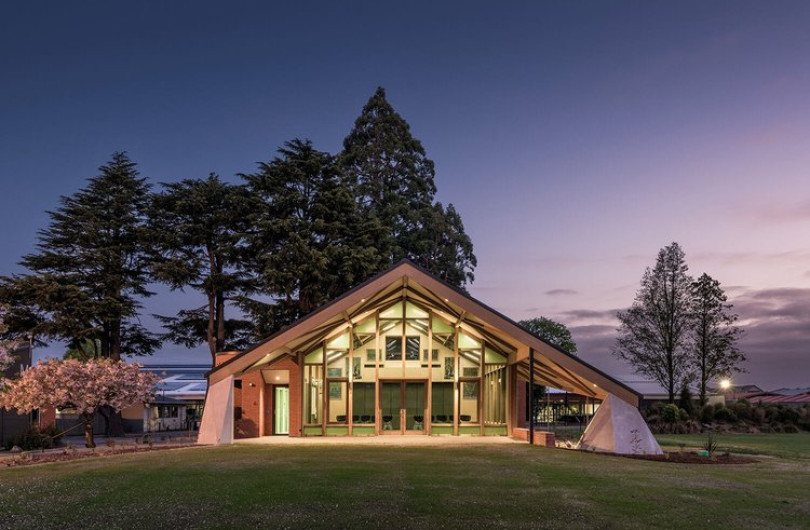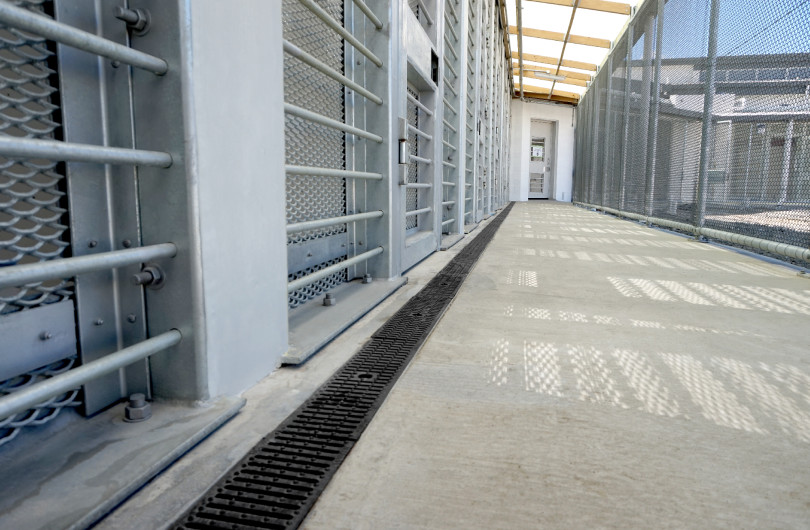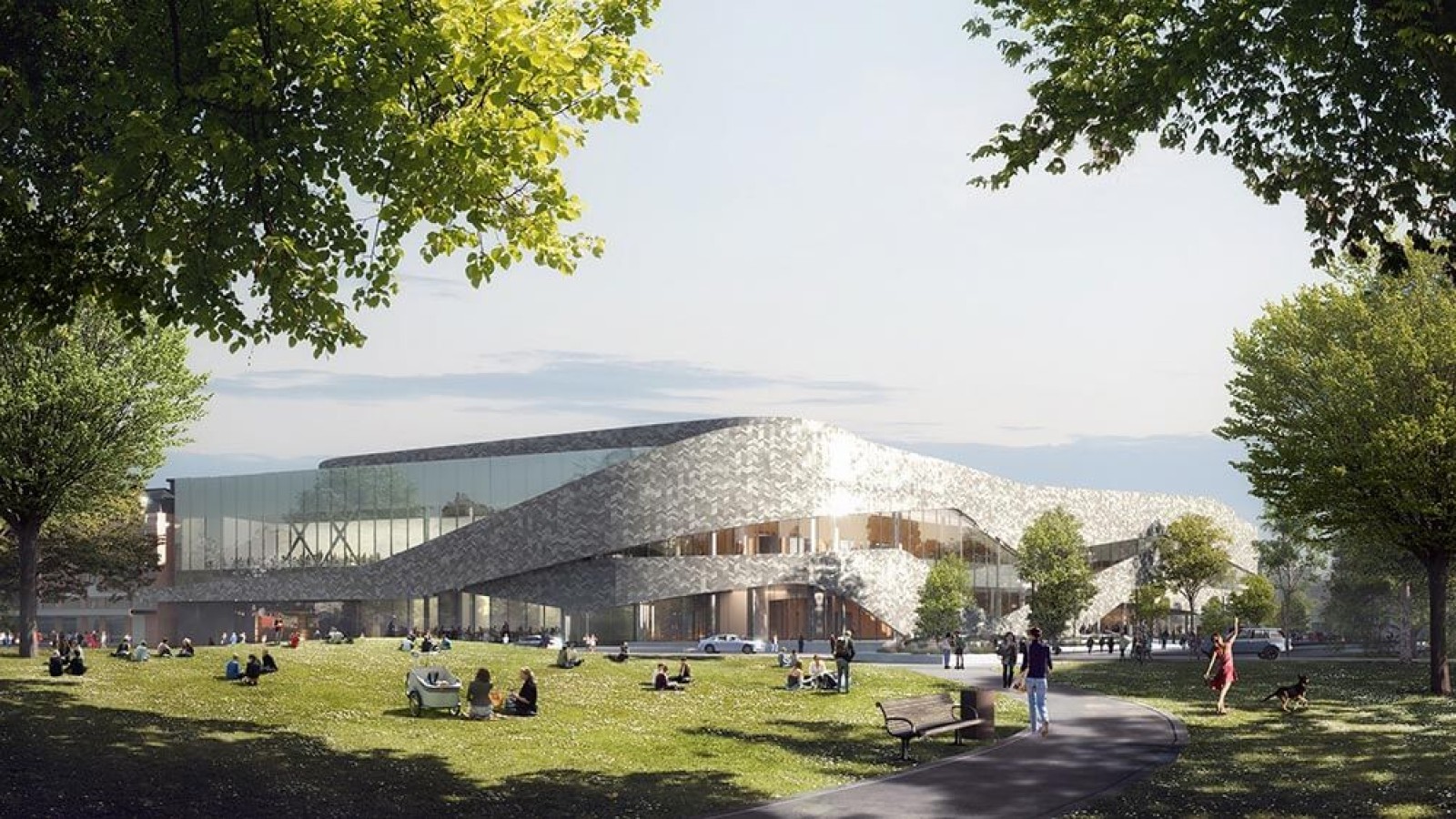This month we speak to Lawrie Saegers, Managing Director of Rawlinsons — a leading cost consultancy firm that has provided quantity surveying and cost management services in New Zealand for over 40 years. Rawlinsons provides cost solutions through not only measuring and pricing capital costs, but also considering the full lifecycle of the building or other asset, to help clients maximise value while minimising risk.
Lawrie has worked at Rawlinsons for over 14 years, more recently in the role of Managing Director. In his own words: “I'm passionate about the New Zealand construction industry and making sure it remains investible for clients, and a cool, rewarding place to work for the rest of us.”
What do you think is working well within NZ’s design and construction industry?
Several years ago the industry was a quite stressful place to work — there were adversarial contracts and consultancy agreements, people generally weren’t communicating effectively, and NZ’s biggest contractor hit big losses. Out of that came the Construction Sector Accord — they’ve been doing good work with local government and industry towards better risk calculations, better contracts and better outcomes as a result.
Another thing is how we’ve dealt with Covid-19. No one knew what was going to happen with the industry, but most parties were mature about how they dealt with it. I think that’s a benefit of operating in a smaller market like ours; you heard stories from overseas where completely fair and reasonable costs were being rejected by clients. Here I found people were more collaborative.
And more broadly, we have the 30 year infrastructure strategy by Te Waihanga — they’ve done a good job of setting out challenges and opportunities such as climate change to make sure we’re all working well as an industry.
And what isn't working well?
There are still gaps in some of the documentation that we’re using for schedules of quantities for contractors to price. It’s better than it was, but subcontractors have to fill those gaps and it means there’s more unnecessary reliance on shop drawings and things of that nature which pushes more risk onto contractors and their supply chain. That can be avoided.
And there’s not enough competitive tendering — a reflection of the market and the volatility that’s still there. Projects will often get a known contractor on board, which in some cases is justified, but in others it’s not, and you tend to lose commercial tension with pricing as a result.
And then there’s a question of how much of the work the Construction Sector Accord is doing is
filtering back into the supply chain to the likes of subcontractors and suppliers.
What opportunities are there for the industry to innovate and improve?
Quantifying carbon is going to be a big opportunity as we deal with climate change. Responsible clients will be asking ‘what is our carbon footprint if we build this asset and how can we minimise that through its lifecycle?’ And then there’s how we utilise technology, using computers to do those computational tasks to then free up human brains for thinking and helping clients resolve any gnarly issues based on experience and intuition. Both are massive opportunities for the industry, if we work collaboratively and genuinely in the best interests of our projects.
And in our line of work we need to be better at creating estimates and budgets according to risks in the project, rather than applying a percentage for contingencies — looking at the opportunities or risks.
What’s the single biggest challenge the industry will face during the next 5 years?
It’s hard to pick one, but I think there's obviously going to be a lot of work helping with the fallout of Cyclone Gabriel, and productivity remains a big challenge. The construction industry has suffered from inefficiency and a lack of productivity. We need to raise productivity by taking lessons from overseas where they do things better to get better value for money. It’s not that people aren’t working hard, but we do need to work smarter, and bring in more diversity of thought to resolve that challenge.
What do you think suppliers need to focus on to better support the industry?
Carbon metrics. In my view, it’s only a matter of time before the counting of carbon through the lifecycle of the project becomes mandatory for obtaining building consents and within central government business cases. As a quantity surveyor, getting reliable information on costs and carbon is critical. The carbon count needs to be right from the start — from raw material supply through to disposal and reuse of material. We’re reliant as an industry on getting that real time and trusted information from suppliers.
Any final words?
To round this out with a positive, I think the construction industry is a great industry to be in. It involves people from all walks of life, and as we all get closer, and keep collaborating and really utilising technology, I think the industry will remain very investible from our clients’ point of view.
This interview was originally published in our quarterly insights report, The Pulse.




























 Most Popular
Most Popular Popular Products
Popular Products



